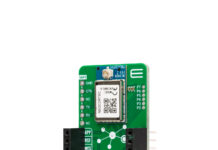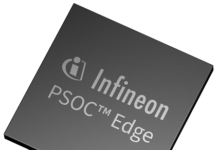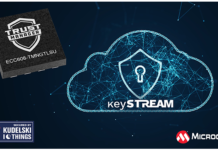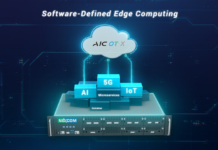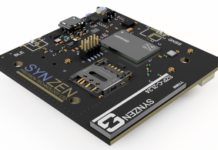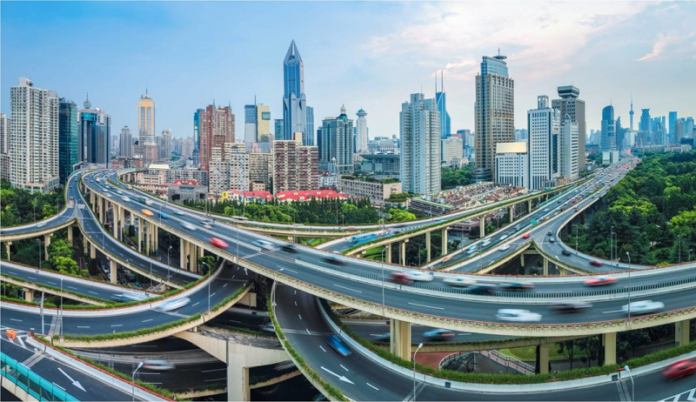
The ability of local and national governments to access vast amounts of data has already caused well publicized conflicts, because while we know that access to more information can be used for good, we also know it can be misused. Smart cities and the Internet of Things will accelerate data collection enormously, so how will this change politics?
While an Orwellian future is possible, it is misguided to assume the Internet of Things will lead to a 1984-esque Big Brother state in which technology is used to monitor our every move – even our every thought – in order to stifle and control us.
It makes more sense to look at specific questions – and also to assume that when local government officials get up every morning, their thoughts over breakfast are more likely to be related to how their smart city can benefit its connected citizens, rather than how best to secretly tap into their neighbors’ minds.
Traffic monitoring in the cloud
One of the major things affecting most citizens of a city is traffic. As cities become smarter and more sensors are introduced, there will be more and more data on traffic flow, problem areas and variations in levels.
Governments will have access to this data and will be able to use it to (hopefully) improve traffic conditions. But in a truly smart, connected city – and one that operates in a truly democratic way – all citizens would also have access to this data.
Cities of the future should have their own cloud, where all citizens can go to check out data that has been collected by the sensors and devices of a smart city. This will likely encourage a lot more people to take an interest, if all they have to do to get useful data is click.
It would be the job of government to present the data in a clear and simple way without citizens all having to be experts to understand it (i.e. it could be presented in the form of graphs rather than just raw data splashed across a website), but government would not have sole access to the data.
Reducing the role of the media in politics
Once citizens have more direct information on the things that affect them, they can begin to make their own decisions about what works for them and what does not, and about what changes they want to see.
This will reduce the monopoly that media outlets and government spokespeople have over data: what they choose to release and what they choose not to mention. A dynamic media is important for democracy, but at the same time the filters put on information are actually counter to full democracy.
Full democracy is people making up their own minds, assisted by direct access to information.
An Internet of Things expert who is very interested in smart cities right now is the CEO of Spanish startup Libelium, Alicia Asín.
Asín told the Internet of Things Institute that:
“The most important thing about smart cities is not the technology—it is their effect on democracy. When we say that smart cities can improve citizens’ quality of life, we mean it can give them the power to make decisions. For instance, if we can monitor air pollution cost-effectively, citizens can play a role in making decisions based on that data.”
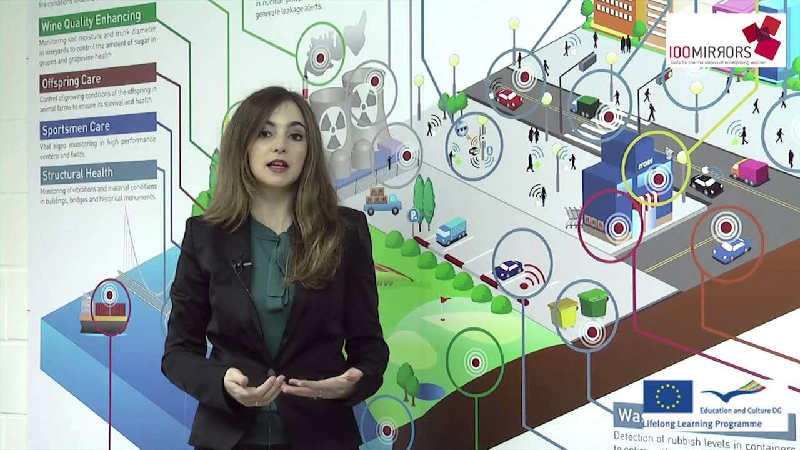
Caring about air pollution, and what governments are doing or will do about it is not just a case of citizens taking an interest in making their city a nicer place to live. As Asín points out, 3.7 million people around the world die every year from outdoor air pollution.
When Tinder gets political
When thinking about how the Internet of Things will change politics, on one hand we are waiting for technology, such as sensors in smart cities, to provide us with more data. On the other hand, we are waiting for politics to catch up with technology we already have.
Of course, our connected devices have already had a massive impact on recent politics, with memes (for example) believed to have a played a part in the increased prominence of the right and far right. On a more simple level, we have all seen late night tweets from Donald Trump, presumably sent from a smartphone while lying in the dark in his pajamas.
But full connection between devices and political interaction has yet to be made. Let’s be honest, not everyone is going to log onto a smart city’s cloud and check out the latest traffic data, but some people may wish to interact through methods similar to those they are used to.
During the 2016 US presidential election, Tinder went political when the dating app ran its “Swipe the vote” campaign. Users could swipe, as they usually would with potential dates they find hot or not, on a variety of issues before being presented with the most appropriate candidate.

The main focus of this campaign was to get younger people voting. But what if the idea was expanded in future? What if opinions on local and national issues could be sent to government via a quick swipe, giving them a consensus on which to base decisions?
It may be the case that politicians will check whether we think their policies are ‘hot or not’ and then do whatever they want anyway. But if citizens are getting in as much real data (through increased access) at one end as they are dishing out through gadget-based polling at the other, politicians might have to start listening.
By: John Hopton
Source: techdigg.com




